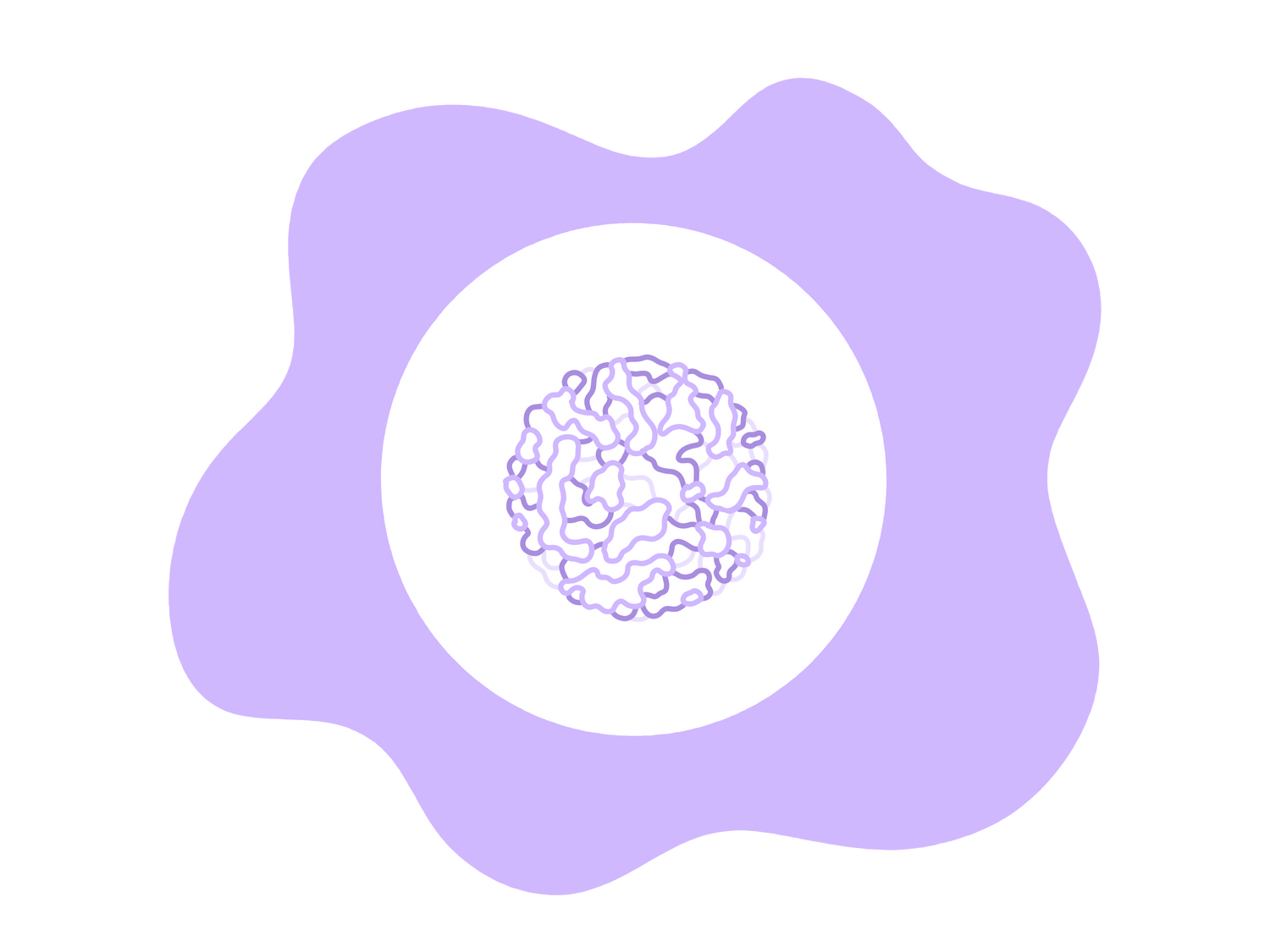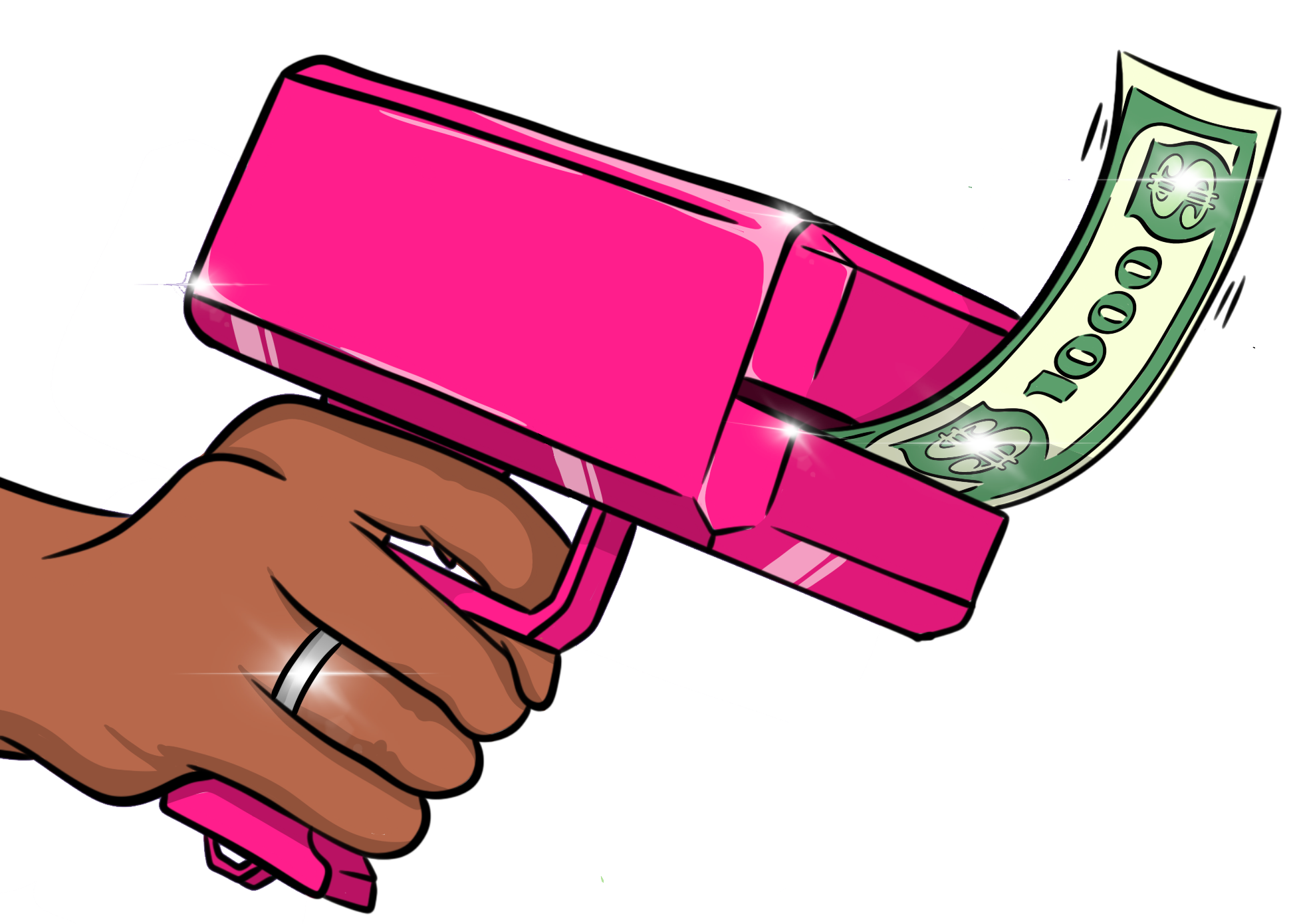Genital Herpes is caused by the virus, Herpes Simplex (HSV). There are two different types - HSV1 & HSV2 - both can infect the genital and anal area and the mouth and nose.

‘COLDSORE LOWER DOWN’
Approximately, half a billion people worldwide are living with genital herpes, and several billion have an oral herpes infection, new estimates show (WHO.int). Most of us don’t even know we have it!
Only 1/3 of those infected notice symptoms and get diagnosed. BASHH 2014 Guidelines suggest that: “Prior infection with HSV-1 modifies the first infection by HSV-2, usually making symptoms less severe”. For that reason, some individuals will only start to get symptoms years after the initial infection
Did you know? Most of us who have HSV-1 catch it as a child during our preschool years from touching, kissing or sharing items with people with cold sores.
Here are some common signs of those infected with HSV-1:
- Flu-like symptoms such as fever, headache and aches.
- Stinging and tingling in the genital or anal area.
- Small fluid-filled blisters in the above area swell as buttocks or tops of the thighs – these can burst.
- Pain when peeing.
- Discharge.
There is no cure for genital herpes, so you may get further outbreaks.
HSV lays dormant in the nerve endings, much like chickenpox. Some people can have further reoccurrences (if this is the case for you, you can speak to your sexual health clinic about suppressive therapy) whilst others may not get any further reoccurrences after the initial outbreak.
Typically, the first occurrence is the worst. However, they get milder and less frequent over time. The likelihood of transmitting this via asymptomatic shedding is 2%, but this decreases after time. After 2 years, people with no reoccurrences shed hardly any virus.
Transmission is highly likely when there are symptoms (sores present or referred nerve pain (tingling/ burning)), but less so when there are no symptoms. However, these symptoms are usually less severe as your body had a chance to produce those helpful antibodies!
Here are some typical things that can trigger outbreaks:
- Being unwell
- Stress
- Menstrual cycles
- Friction from sex
- Tight underwear
- Drinking/Smoking too much
Causes Of Genital Herpes
Herpes is highly infectious and enters the body through small cracks in the skin or lining of the mouth, vagina, rectum, urethra and under the foreskin.
It's easiest to pass to others when you have a blister outbreak but can also be spread during shedding (no symptoms).
You CANNOT catch Herpes from kissing, hugging, sharing towels, swimming pools, toilet seats etc.
It CAN, however, be spread through:
- From mother to baby (can be treated during pregnancy).
- Unprotected sex (vaginal, oral & anal).
- Receiving oral.
- Sharing your toys without washing between uses.
- Genital to genital contact.
- If a person has herpes on the hand and touches down below.
Treatments Of Genital Herpes
Unfortunately, herpes can only be diagnosed when you have symptoms (blisters). In order to diagnose, swabs of infected areas will be tested.
Typically, results take 14 days to be confirmed.
Herpes will clear by itself, however, you can be given antiviral tablets which help stop the virus from multiplying. Whilst the virus won’t be removed from your body completely, it will help further outbreaks.
Oral cold sore cream will not help genital herpes.
It is strongly advised not to have sex before or during an outbreak, and to wait a week after your symptoms have completely gone.
⚡ I am not a health professional. I am qualified in RSE but I am not a doctor. Content for this page has been drawn from the NHS website and Brook.org.uk. Please head over to these great sites for more details.








